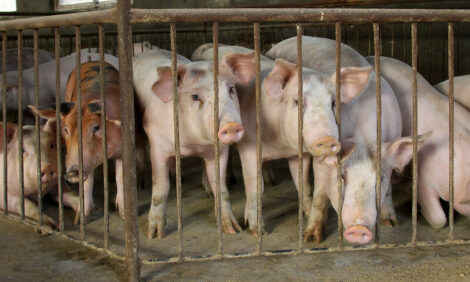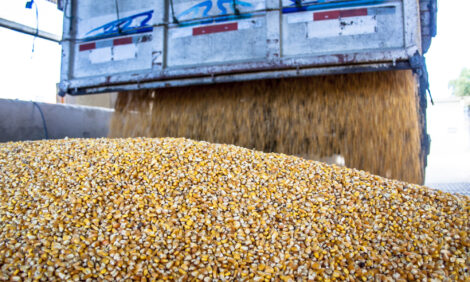



Canada finalises guidance on livestock feed from gene-edited plants - GAIN
The updated guidance is in alignment with the USOn May 3, 2024, the Canadian Food Inspection Agency (CFIA) published a guidance update for the assessment of novel feeds from plant sources, according to a recent US Department of Agriculture (USDA) Global Agricultural Information Network (GAIN) report. Per Canada’s Feeds Regulations, novel feeds are defined as those feeds which are composed of or derived from microorganisms, animal sources, or plants sources that:
- Are not approved as livestock feed in Canada through listing in Schedule IV or V of the Feeds Regulations;
- and/or, contain a novel trait
Following a 2023 consultation, CFIA has confirmed in updating its guidance document, Guidelines for the assessment of novel feeds: Plant sources, that feeds derived from gene-edited plants will be regulated in the same manner as any other plant-derived feeds. These feeds will be regulated based on the traits or characteristics of the product, not on the development method. As a result, feeds derived from plants produced using gene-editing techniques will only be regulated as novel feeds should any ingredient not be listed in Schedule IV or V or should an ingredient have a novel trait that means it is no longer characteristically similar to the conventional ingredient listed in Schedule IV or V. In the situation where there is novelty, the feed would be required to undergo pre-market assessment and approval by CFIA, as does any novel feed ingredient whether conventionally developed or derived through biotechnology.
This updated guidance is in alignment with the US. FDA regulatory approach for animal foods derived from plants developed through gene-editing techniques; both countries are determining novelty on a plant trait/characteristic approach and not based on the process/methodology for development.
The Canada Grains Council, Canola Council of Canada, and Cereals Canada issued statements applauding the CFIA guidance update. These associations note that this guidance update provides industry with long-awaited clarity and will enable ongoing investment and innovation in plant-breeding. FAS/Canada has previously reported on Canada’s policy updates on novel foods and plant breeding techniques, including decisions on environmental release and regulations on seeds.







